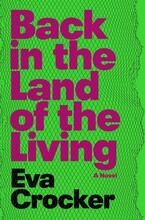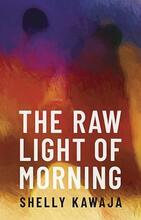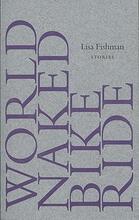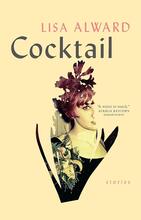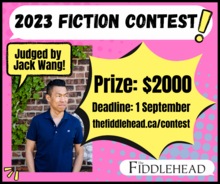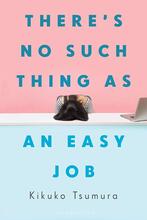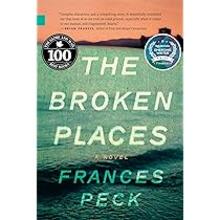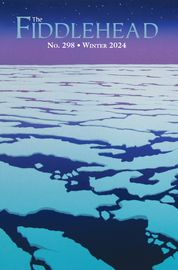An Interview with Melissa DaCosta Brown
Editorial Assistant Anastasios Mihalopoulos' Interview with 2023 Fiction Prize Winner Melissa DaCosta Brown whose story "Husbands" was published in Issue 298 (Winter 2024)
Anastasios Mihalopoulos: The opening of your story references Crystal Lake from Friday the 13th stating that this place was horrifying “but not in that way.” Do you see this story interacting with the horror genre or our general definition of ‘horror’ in a particular way?

